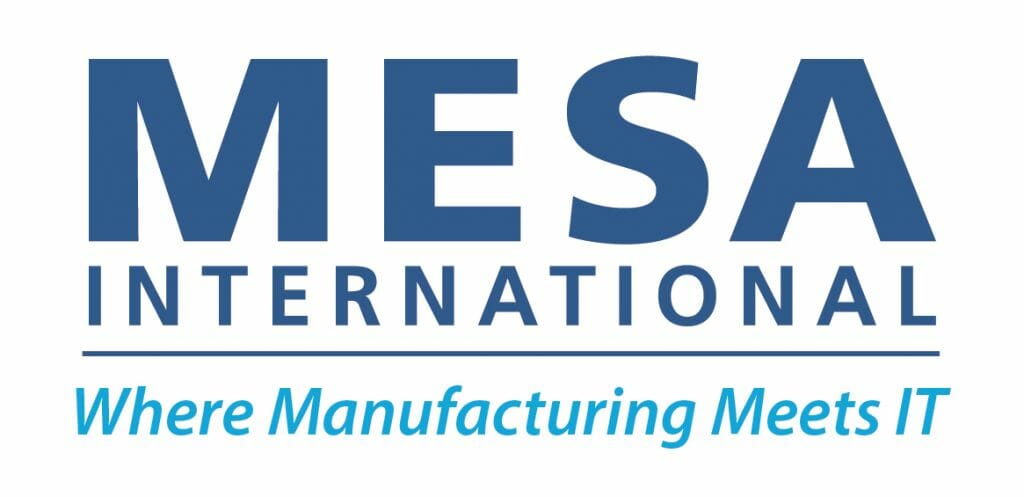
MESA in the News: COVID-19 Series
MESA has always been committed to helping manufacturers and producers navigate difficult times. The COVID-19 pandemic is no exception. In fact, the pandemic might be the most difficult time that modern society has ever faced, and it is global in scale. As an organization, MESA has a great deal of experience that can help. We recently hosted a Roundtable Discussion on how different companies are handling it. You can view a recording of it here: https://www.youtube.com/watch?v=vhPA7PL01g8&t=5s. The live webcast was well attended, and we had far too many questions and comments to address in just one session. As a result, we’ve decided to extend the Roundtable into a series of discussions on specific topics, which we are now scheduling. The specific topics (subject to adjustment) are listed below. Keep an eye out for scheduling information here.
Also, if you or someone you know has experience to contribute as a panelist, let us know by contacting brandy@mesa.org!
1) Pivoting to production of new products: Demand has changed! Companies need to be flexible and produce what’s needed. This might include personal protective equipment (PPE) for healthcare workers, medical devices and other treatment for patients, food and other critical items for the public, alternative packaging, etc. This requires rapid retooling and new product introduction (NPI).
2) Remote monitoring and operations: Wherever possible, manufacturing companies need to take advantage of tools to operate and monitor production without putting employees in harm’s way. Such technologies do exist, and are being utilized in new ways and by new verticals.
3) In-plant Safety: Some manufacturing operations require people to be present in the plant. Various techniques are being employed to reduce the risk of exposure and community-spread. This involves changes to workflow, social distancing, environmental cleansing, etc.
4) Workforce training: In order to minimize the number of people required on-site, and to deal with the forced relocation/displacement of skilled individuals, manufacturing companies are looking for innovative ways to provide remote and just-in-time training for specific tasks and operations. This includes augmented reality (AR), remote presence, expert systems, and error-proofing.
5) Supply Chain Agility: Plants must now deal not only with their own limitations, but also with those imposed upstream and downstream of their supply chain. Suppliers might not be able to provide raw materials as planned, requiring the manufacturer to adjust schedules and workflows. Customers may demand goods in patterns not seen before. Sales and Operations Planning must take this into consideration, and the plant must be agile enough to accommodate.
Advertisement
